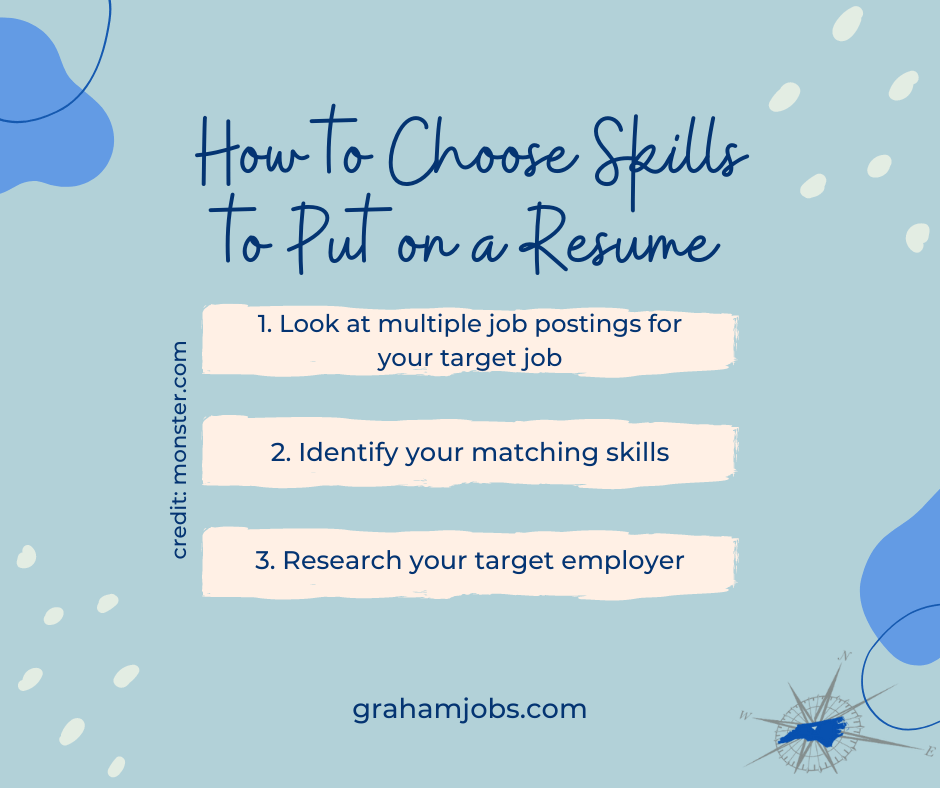Figuring out the right skills for a resume isn’t easy. After all, your skills are what will get you hired, but which ones are considered good skills to put on a resume that will help you stand out?
Hiring managers want to make sure they’re picking the right person for the job, so don’t rush through this part. You probably spent hours perfecting your work experience section, and you need to do the same with your resume skills section. It’s not just a laundry list of skills that no one reads—knowing which to include and which to leave off can help convince hiring managers to interview you.
These tips can help you determine which skills to put on a resume and also help you optimize this crucial section to attract the eyes of discerning hiring managers.
Types of Skills for a Resume
There are two categories of good skills for a resume: hard and soft skills. Both need to shine.
Hard skills are skills learned through experience or education and generally produce measurable results. For example, hard skills for an accountant could include cash management, financial analysis, and financial reporting.
Soft skills, on the other hand, are more like personality traits and characteristics that determine your work style. Think communication skills, emotional intelligence, problem-solving skills, the ability to work in a team, and initiative.
You might think employers are focused only on job-related hard skills, but soft skills are equally—if not more—essential. Soft skills routinely top lists of attributes employers seek on applicant resumes.
Both hard and soft skills should be included on a resume, as both types are highly valued in all industries.
How to Choose Skills to Put on a Resume
The skills section provides an overview of your top skills for human readers and also helps with keyword searching by applicant tracking systems. These tips explain how to figure out the right skills for a resume:
1. Look at job ads. The best way to get started finding good skills to put on a resume is to search jobs on Monster and review several postings for your target job. Look at the job descriptions and write a list of frequently repeated skills.
2. Next, identify your matching skills. Keep in mind you develop skills in everything from work experience to education, training, hobbies, extracurricular activities, volunteer work, and self-study. Once you know where your skills overlap with the job’s qualifications, incorporate these valuable keywords on your resume.
3. Research your target employer. Another way to find keywords? Check out their website and social media posts, paying attention to the descriptive words they use to describe their company, brand, and employees. Use those words on your resume to indicate you’d be a good cultural fit.

